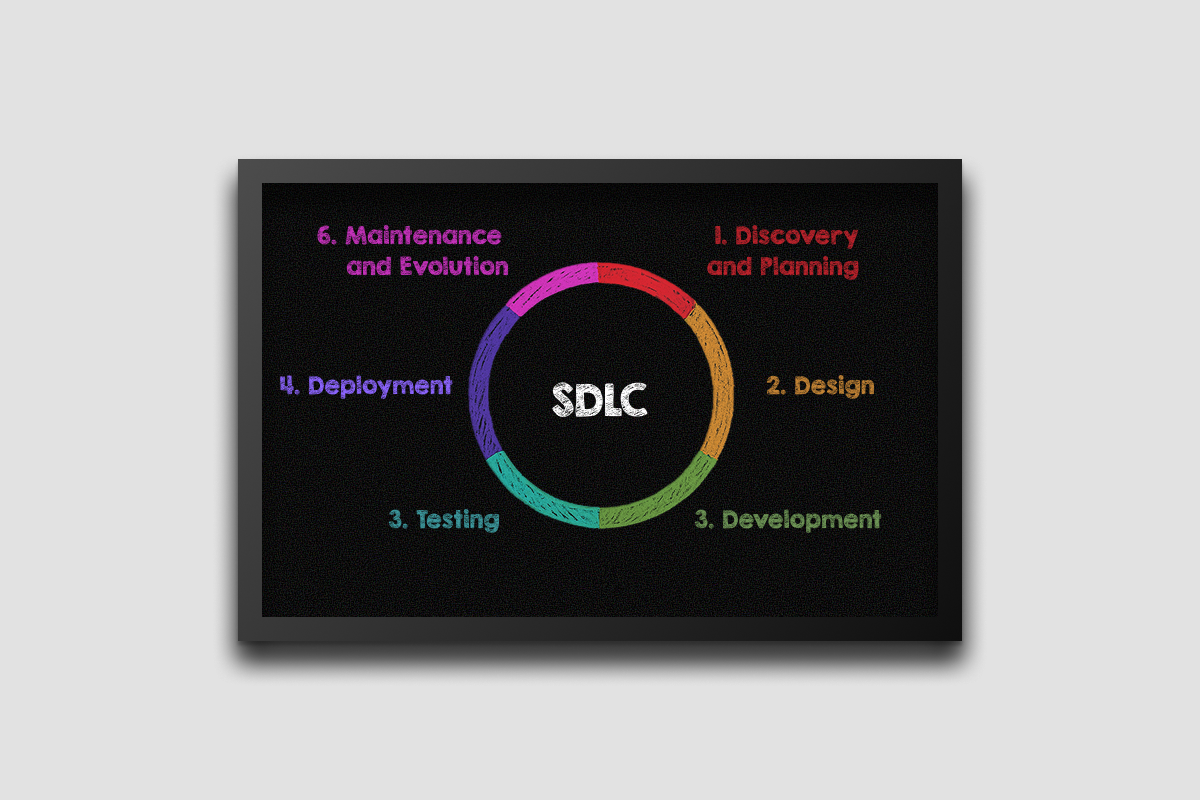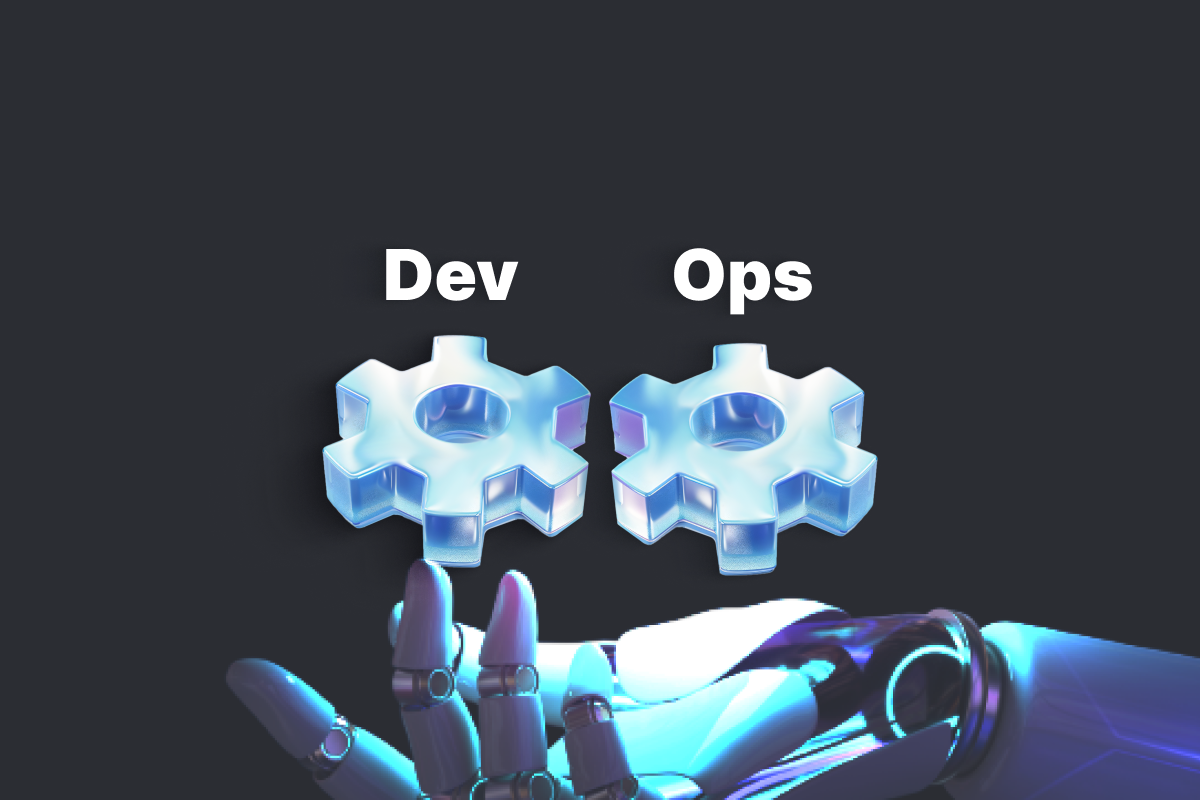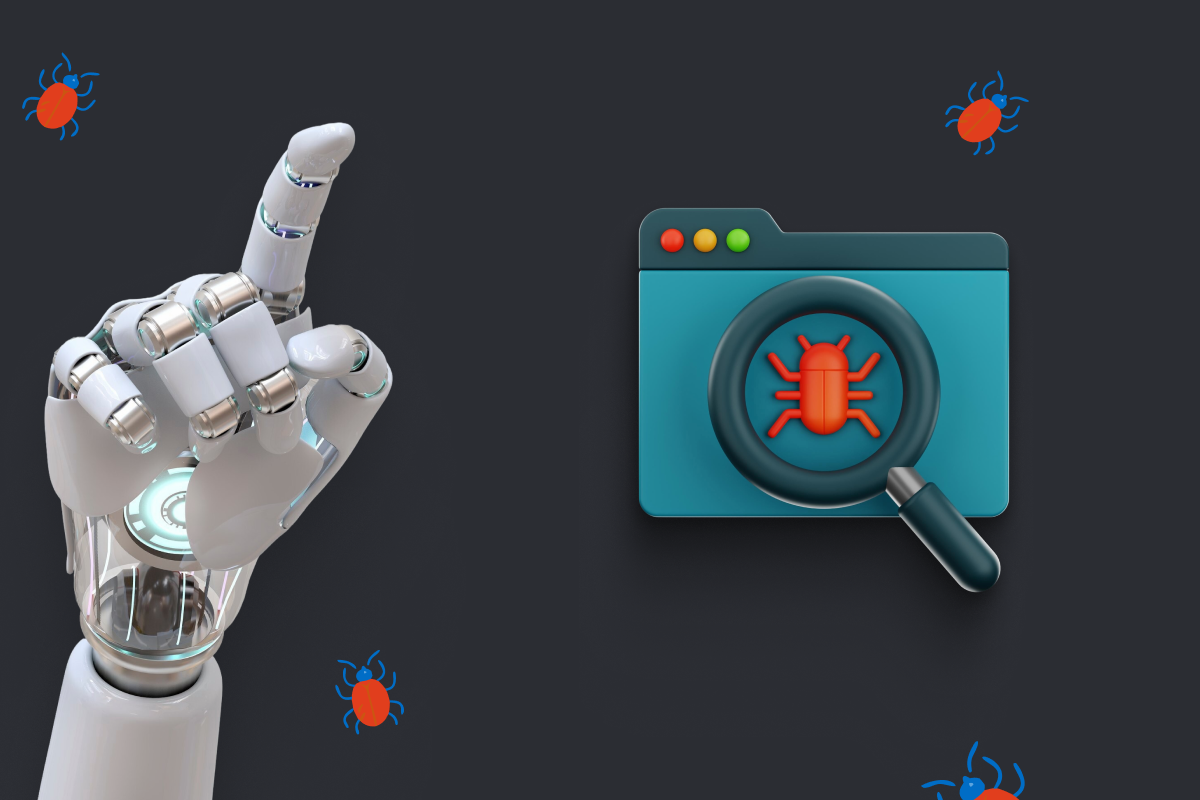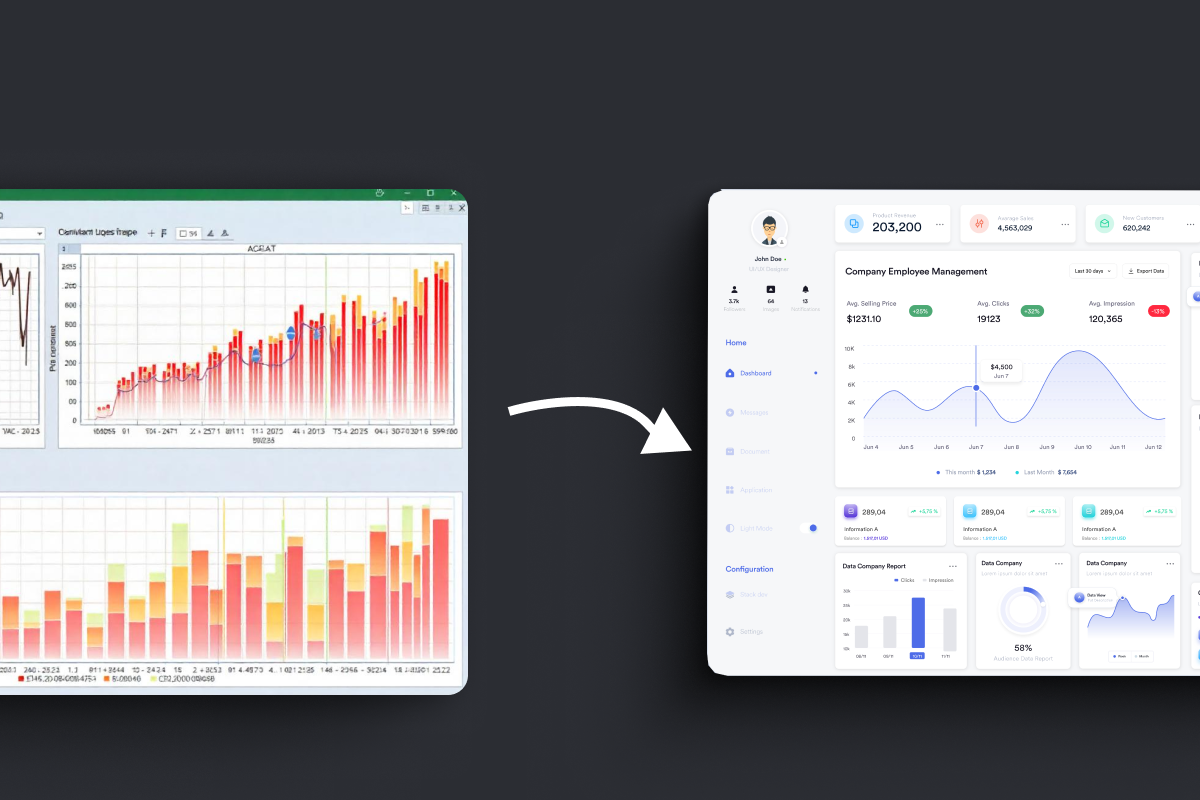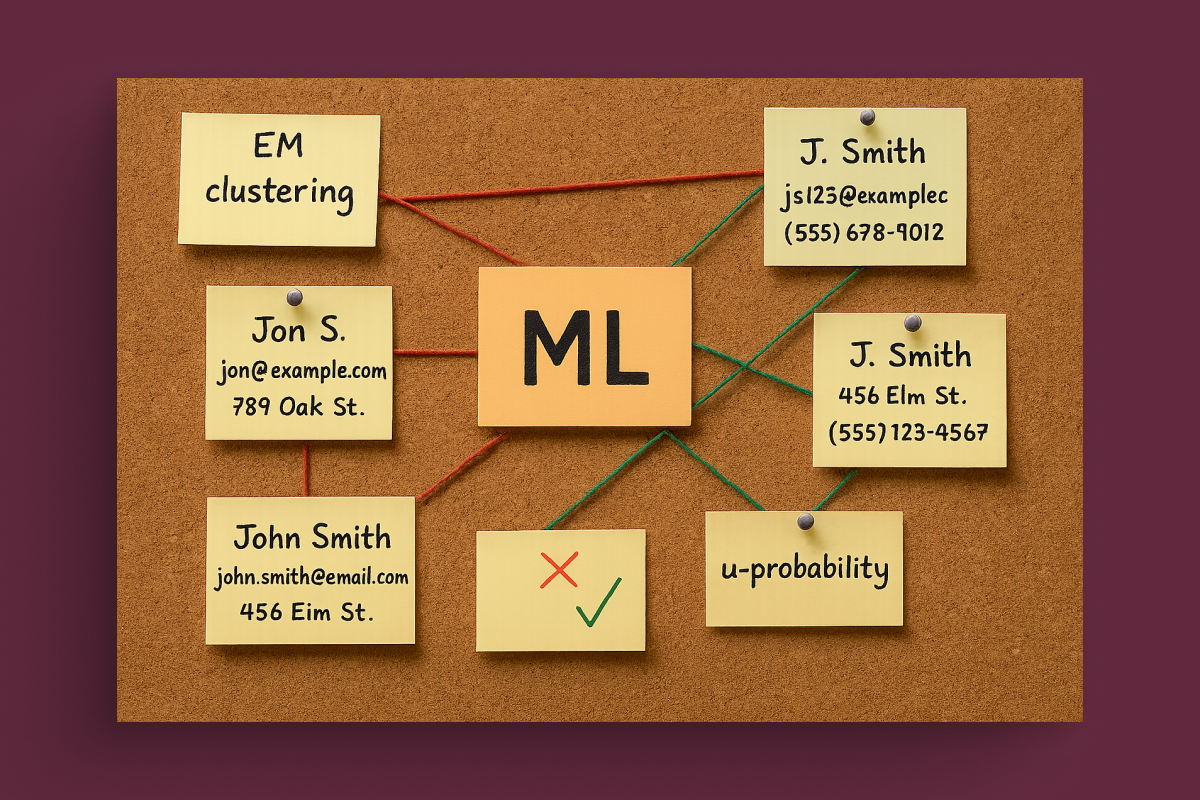In today's rapidly evolving digital landscape, businesses face a critical decision: adapt or fall behind. While off-the-shelf software may seem convenient, it often forces companies to modify their processes to fit the software, rather than the other way around. This is where custom software engineering services become game-changers.
Custom software development is the process of designing, building, deploying, and maintaining software applications specifically tailored to your organization's unique requirements. Unlike generic solutions, customized software development addresses your specific pain points, integrates seamlessly with existing systems, and scales as your business grows.
What Is Custom Software Development?
Software custom development goes far beyond simply writing code. It's a comprehensive approach to creating digital solutions that solve specific business challenges. When you partner with a custom software development company, you're investing in a solution built from the ground up to match your workflows, integrate with your existing technology stack, and support your long-term strategic vision.
The beauty of custom software lies in its flexibility. Whether you need a sophisticated enterprise resource planning system, a customer-facing mobile application, or specialized automation tools, custom software development services can deliver exactly what you need, nothing more, nothing less.
The Difference Custom Software Makes
Generic software packages force businesses into a one-size-fits-all approach. Custom solutions, however, adapt to you. They eliminate unnecessary features that clutter interfaces and add costs, while incorporating specialized functionality that gives you a competitive edge. This is why forward-thinking organizations increasingly turn to software consulting services to guide their digital transformation initiatives.
Core Custom Software Engineering Services
Professional software engineering companies offer a comprehensive suite of services designed to take your project from concept to reality:
Custom Web Application Development Services
Web applications serve as the backbone of modern business operations. From customer portals to internal management systems, custom web development creates powerful, responsive, and secure platforms that work seamlessly across devices.
Mobile App Engineering
With mobile devices accounting for over 60% of web traffic globally, having a robust mobile presence isn't optional, it's essential. Custom mobile app engineering delivers native iOS and Android applications, as well as cross-platform solutions that maximize reach while maintaining performance and user experience.
Enterprise Software Development
Enterprise software engineering addresses the complex needs of large organizations. These solutions integrate multiple departments, streamline workflows, and provide the scalability required to support thousands of users.
DevOps and Cloud Engineering
Modern software demands modern infrastructure. DevOps practices combined with cloud engineering ensure your custom applications are deployed efficiently, scale automatically, and maintain high availability.
Software Integration Services
Your new custom solution needs to communicate with existing systems. Integration services ensure seamless data flow between platforms, eliminating silos and creating a unified technology ecosystem.
Legacy System Modernization
Many businesses operate on outdated systems that can't keep pace with modern demands. Modernization services breathe new life into legacy applications through re-architecting, cloud migration, and technology stack upgrades.
The Custom Software Development Process
Understanding the software development process helps set realistic expectations and ensures project success. While methodologies vary, most custom software development services follow these key phases:
| Phase | Description | Typical Duration |
|---|---|---|
| Discovery & Planning | Requirements gathering, feasibility analysis, project roadmap creation | 2-4 weeks |
| Design | UI/UX design, system architecture, technical specifications | 3-6 weeks |
| Development | Coding, feature implementation, iterative builds | 8-24 weeks |
| Testing | Quality assurance, bug fixing, performance optimization | 2-6 weeks |
| Deployment | Production release, user training, go-live support | 1-2 weeks |
| Maintenance | Updates, bug fixes, feature enhancements | Ongoing |
Each phase builds upon the previous one, with constant communication ensuring alignment with your business objectives. Many development teams employ Agile methodologies, delivering working software in sprints and incorporating feedback throughout the process.
Custom vs Off-the-Shelf Software: Making the Right Choice
One of the most common questions businesses face is whether to invest in customized software development or purchase ready-made solutions. The answer depends on several factors:
When Custom Software Makes Sense
- Your business processes are unique and provide competitive advantages;
- Off-the-shelf solutions don't address your core requirements;
- You need tight integration with existing proprietary systems;
- Scalability and long-term flexibility are priorities;
- Data security and compliance require specialized handling;
- You want to avoid ongoing licensing fees and vendor lock-in.
When Off-the-Shelf Software Works
- Your needs are standardized and common across industries;
- Budget constraints limit upfront investment;
- You need an immediate solution without customization time;
- Your processes can adapt to predefined workflows.
Benefits of Custom Software Engineering
Investing in custom software engineering services delivers tangible benefits that impact your bottom line:
Perfect Alignment with Business Processes
Tailor made software solutions mirror your exact workflows, eliminating the inefficiencies that arise from forcing your team to adapt to generic software limitations.
Competitive Differentiation
Custom software can become a strategic asset, enabling capabilities your competitors simply can't replicate with commercial off-the-shelf products.
Superior Scalability
As your business grows, your software grows with it. Custom solutions are architected with scalability in mind, accommodating increased users, data, and functionality without requiring complete system overhauls.
Enhanced Security
With cyber threats evolving constantly, custom software allows for implementation of security measures specific to your risk profile and compliance requirements. Unlike widely-used commercial software, custom applications don't present well-known vulnerability targets.
True Ownership
You own your custom software completely: the code, the data, and the intellectual property. There are no licensing fees, no vendor lock-in, and no forced upgrades on someone else's schedule.
Long-term Cost Efficiency
While upfront costs are higher, custom software eliminates recurring licensing fees and reduces the need for workarounds and third-party integrations. Forrester Research indicates that businesses typically achieve ROI on custom software within 18-24 months.
Choosing the Right Custom Software Development Company
Your technology partner can make or break your project. When evaluating software engineering companies, consider these critical factors:
Technical Expertise and Specialization
Look for companies with proven experience in your industry and the specific technologies your project requires. Review their portfolio for similar projects and complexity levels.
Development Methodology
Ensure their approach aligns with your expectations. Agile teams provide flexibility and rapid iteration, while other methodologies might suit different project types.
Communication and Transparency
Regular updates, clear documentation, and responsive communication are non-negotiable. Your development partner should feel like an extension of your team.
Post-Launch Support
Software development doesn't end at deployment. Verify that your partner offers comprehensive maintenance, support, and enhancement services.
Security and Compliance
In an era of data breaches and strict regulations, your development partner must prioritize security best practices and understand relevant compliance frameworks (GDPR, HIPAA, SOC 2, etc.).
Emerging Trends in Custom Software Engineering
The landscape of custom software development continues to evolve rapidly. Staying informed about these trends helps you make forward-thinking technology decisions:
AI and Machine Learning Integration
Artificial intelligence is moving from buzzword to business necessity. Custom software increasingly incorporates AI capabilities for predictive analytics, automation, and enhanced decision-making.
Low-Code/No-Code Augmentation
While not replacing custom development entirely, low-code platforms are being strategically used to accelerate certain development aspects while professional developers handle complex, business-critical components.
Microservices Architecture
Monolithic applications are giving way to microservices, smaller, independent services that communicate through APIs. This approach enhances flexibility, scalability, and maintenance.
Progressive Web Apps (PWAs)
Bridging the gap between web and mobile, PWAs deliver app-like experiences through web browsers, reducing development costs while maintaining broad accessibility.
Getting Started with Custom Software Development
Ready to explore custom software engineering services for your business? Here's how to begin:
- Define Your Objectives: Clearly articulate the problems you're solving and the outcomes you expect.
- Assess Your Resources: Determine your budget, timeline, and internal technical capabilities.
- Engage Software Consulting Services: Professional consultants help refine requirements and create realistic project plans.
- Research Potential Partners: Evaluate multiple development companies, reviewing portfolios and client testimonials.
- Start with Discovery: Most projects begin with a discovery phase that validates feasibility and creates detailed specifications before significant investment.
Conclusion
Custom software engineering services represent a strategic investment in your company's future. While the path requires careful planning and the right partnerships, the rewards: increased efficiency, competitive advantages, and scalability, make it one of the most impactful decisions modern businesses can make.
As digital transformation accelerates across industries, organizations that leverage tailor made software solutions position themselves to adapt, innovate, and lead. The question isn't whether custom software makes sense, but rather how quickly you can begin realizing its benefits.











